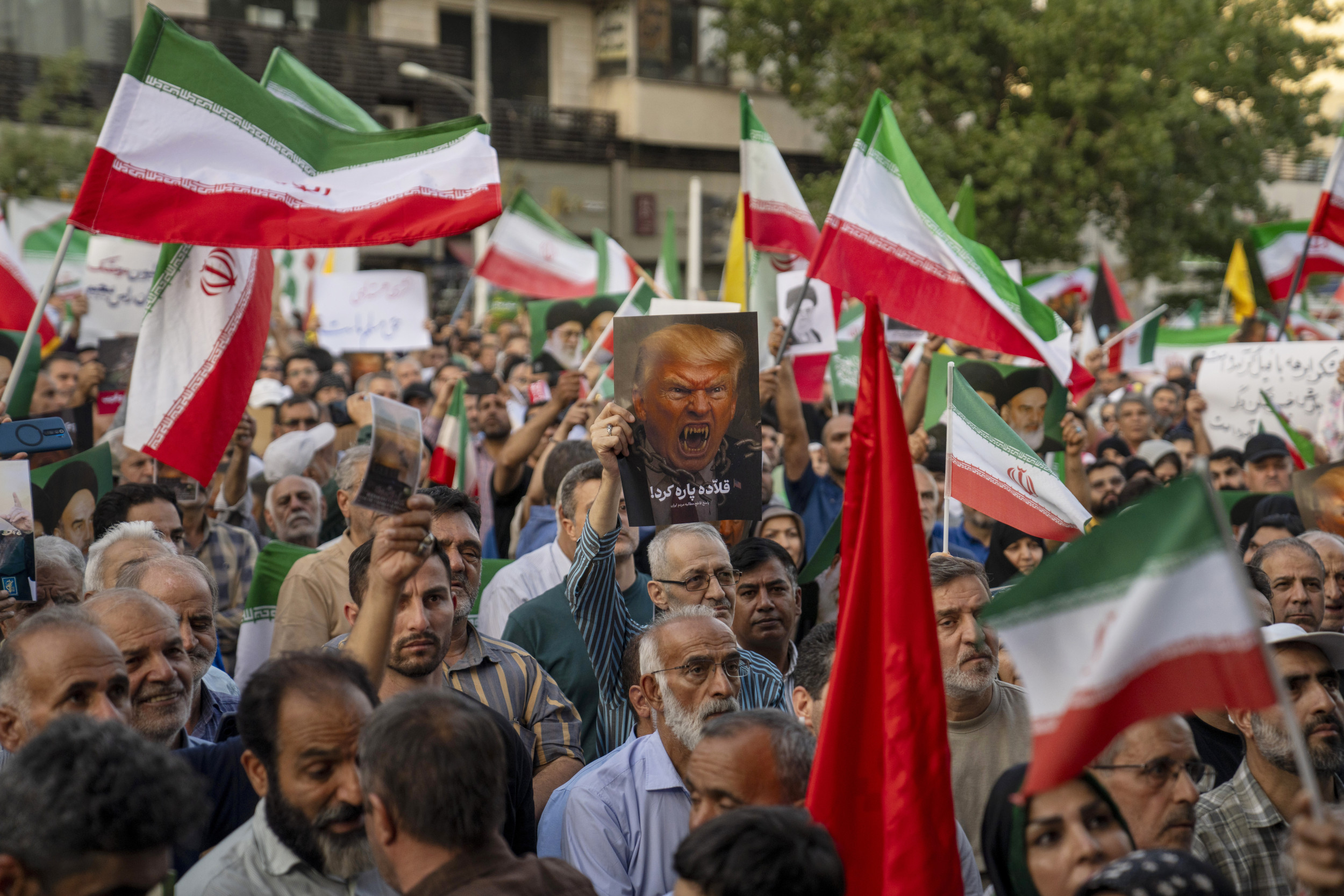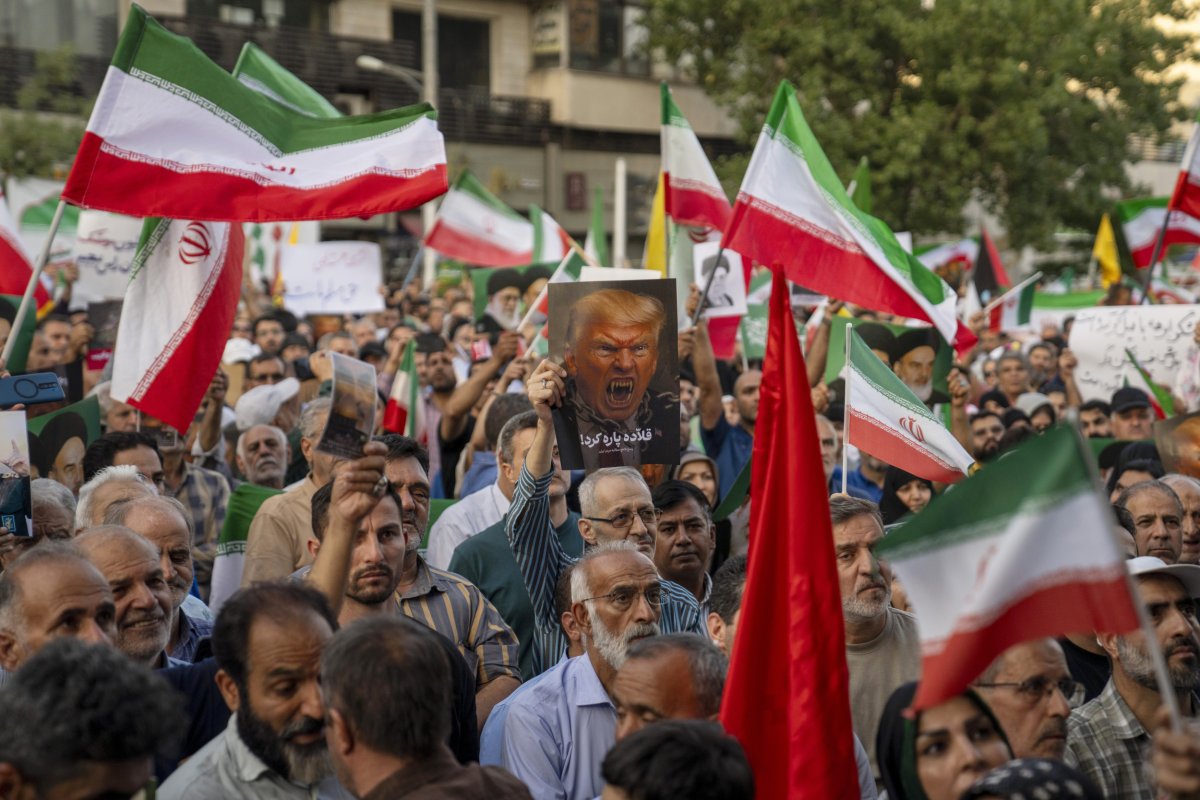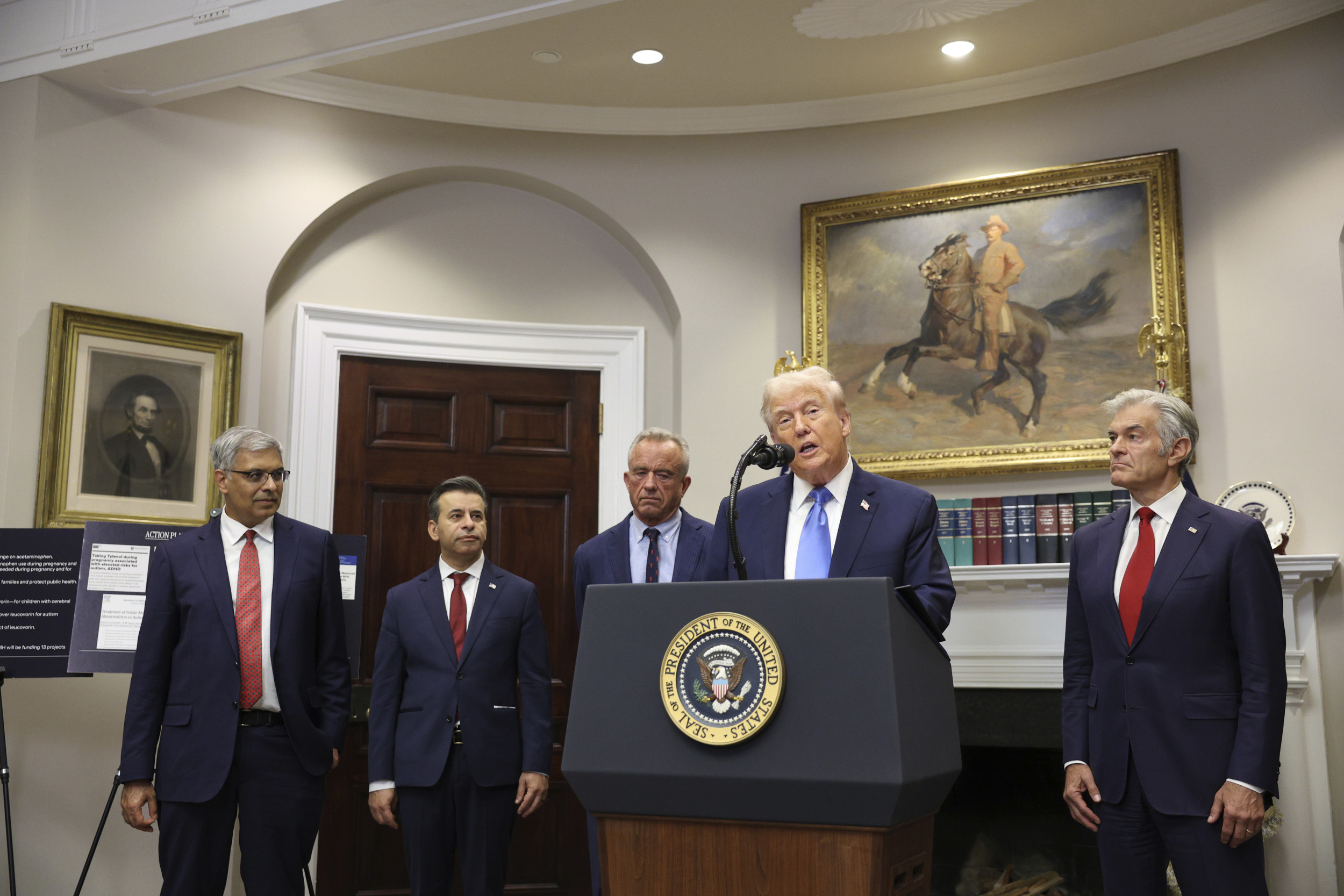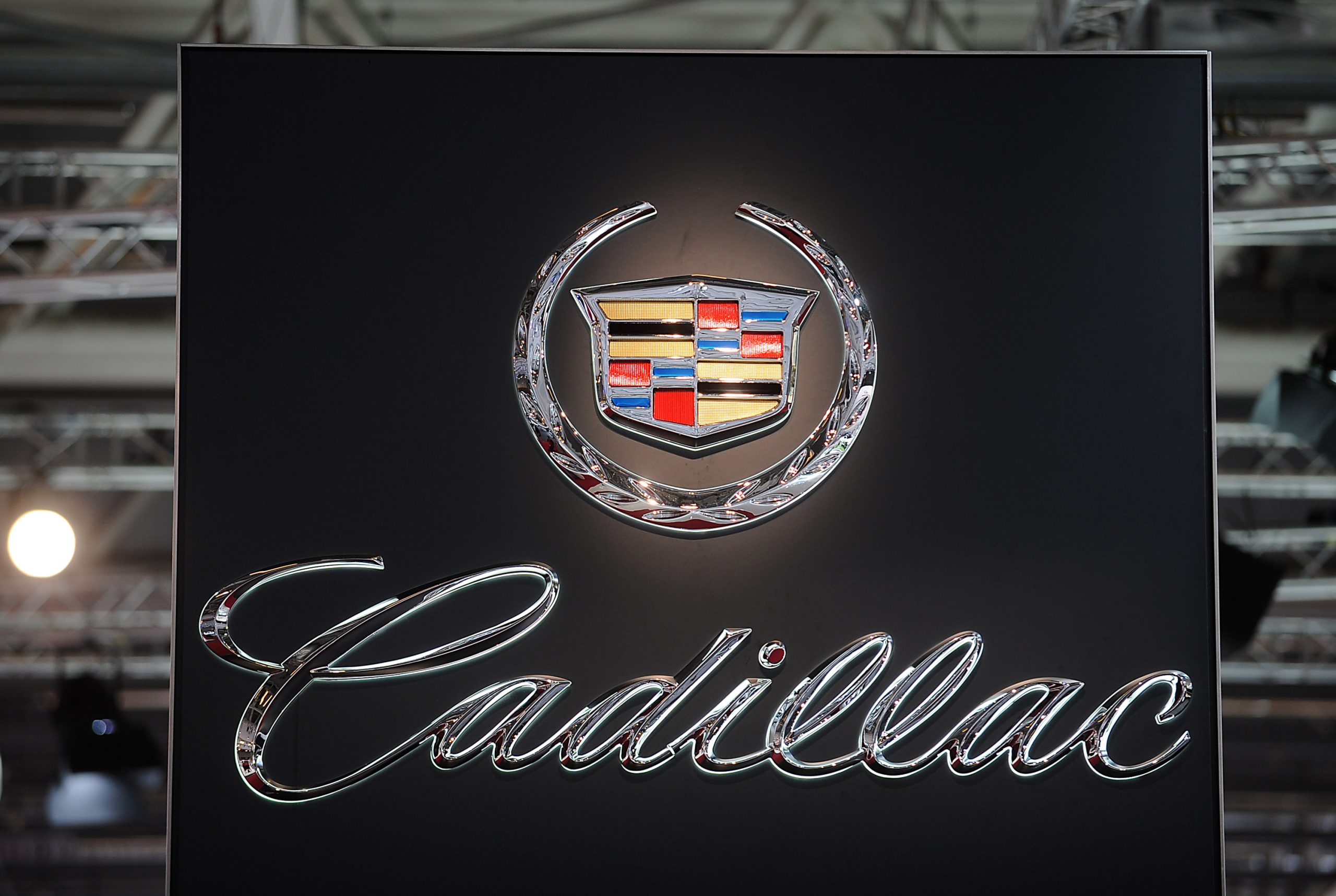
Iran said on Monday that President Donald Trump is relying on an unsubstantiated, political justification to attack its nuclear enrichment program while ignoring U.S. intelligence that concluded the country is not building a nuclear weapon.
Newsweek has reached out to the White House for comment.
Why It Matters
The U.S.-Iran dispute over the intensions behind Tehran’s nuclear activity continues to heighten regional tensions.
Trump unilaterally withdrew the United States from the 2015 Joint Comprehensive Plan of Action (JCPOA) during his first term. As the expiration of the 2015 nuclear deal approaches in October, Iran’s pledge to continue enriching uranium raises the risk of nuclear proliferation, complicates diplomacy with the West, and leaves the door open for a broader military conflict.

Getty Images
What To Know
Iran‘s Foreign Ministry spokesperson Esmail Baqaei rejected Trump’s claims about the dangers of the Iranian nuclear program, calling them outdated and based on the analysis of an ordinary citizen, while ignoring the consensus of the broader U.S. intelligence community.
Baqaei, through his official X account, was referring to a video Trump had posted to his Truth Social page some hours earlier. The footage showed part of a 2022 interview with Ali Motahari, Iran’s former deputy parliament speaker, who said at the time that Iran’s goal had been to “build a bomb.”
In the excerpt shared by Trump, Motahari said Iran wanted to “go all the way” to acquire a nuclear weapon. “If we could keep it secret and test the bomb, it would be over,” he said.
U.S. Intelligence Assessments
In June, the U.S. hit Iran’s Natanz, Isfahan and Fordo nuclear sites while Israel struck Iranian nuclear and military facilities, killing several nuclear scientists during a 12-day conflict in which Iran also fired missiles at Israeli territory and later attempted to strike a U.S. base in Qatar.
The attacks on Iran occurred as Washington and Tehran were engaged in nuclear talks over its uranium enrichment levels, which the International Atomic Energy Agency found had neared bomb-grade, in violation of the JCPOA.
Tehran claims its nuclear program is for peaceful civilian purposes, with Baqaei, the Foreign Ministry spokesperson, citing Director of National Intelligence Tulsi Gabbard‘s assessment to support the claim.
In March, Gabbard testified to Congress that the intelligence community did not believe Iran was actively pursuing a nuclear weapon—a conclusion Trump quickly and roundly rejected.
Soon after the U.S. bombed Iran, an initial U.S. intelligence report indicated that Iran’s nuclear program would likely be delayed by only a few months, falling short of Trump’s claim that it had been “completely and fully obliterated.”
Over the weekend, it emerged that U.S. Defense Secretary Pete Hegseth, who had dismissed the report and launched an investigation into its leak to the press, fired Lieutenant General Jeffrey Kruse, head of the Defense Intelligence Agency.
What People Are Saying
Iranian Foreign Ministry spokesperson Esmail Baqaei wrote on X Monday: “When, in his persistent effort to justify America’s unlawful attack on Iran’s peaceful nuclear facilities, the President of the United States of America, Donald John Trump, chooses to ignore the March 2025 testimony of his own DNI before Congress—affirming that ‘THE IC CONTINUES TO ASSESS THAT IRAN IS NOT BUILDING A NUCLEAR WEAPON’—and instead leans on the personal analysis of an Iranian citizen from 2022, he exposes the political, not factual, nature of his claims.”
Iranian politician Ali Motahari said on Monday: “Trump has posted my interview as if it reflects the official decision of the Islamic Republic to build a nuclear bomb. It shows how empty-handed he is when he relies on the personal opinion of an ordinary individual, not an official report.”
What Happens Next
A nuclear deadlock raises the risk of escalation and potential military action, as Trump renewed threats if Iran fails to negotiate a new deal.




